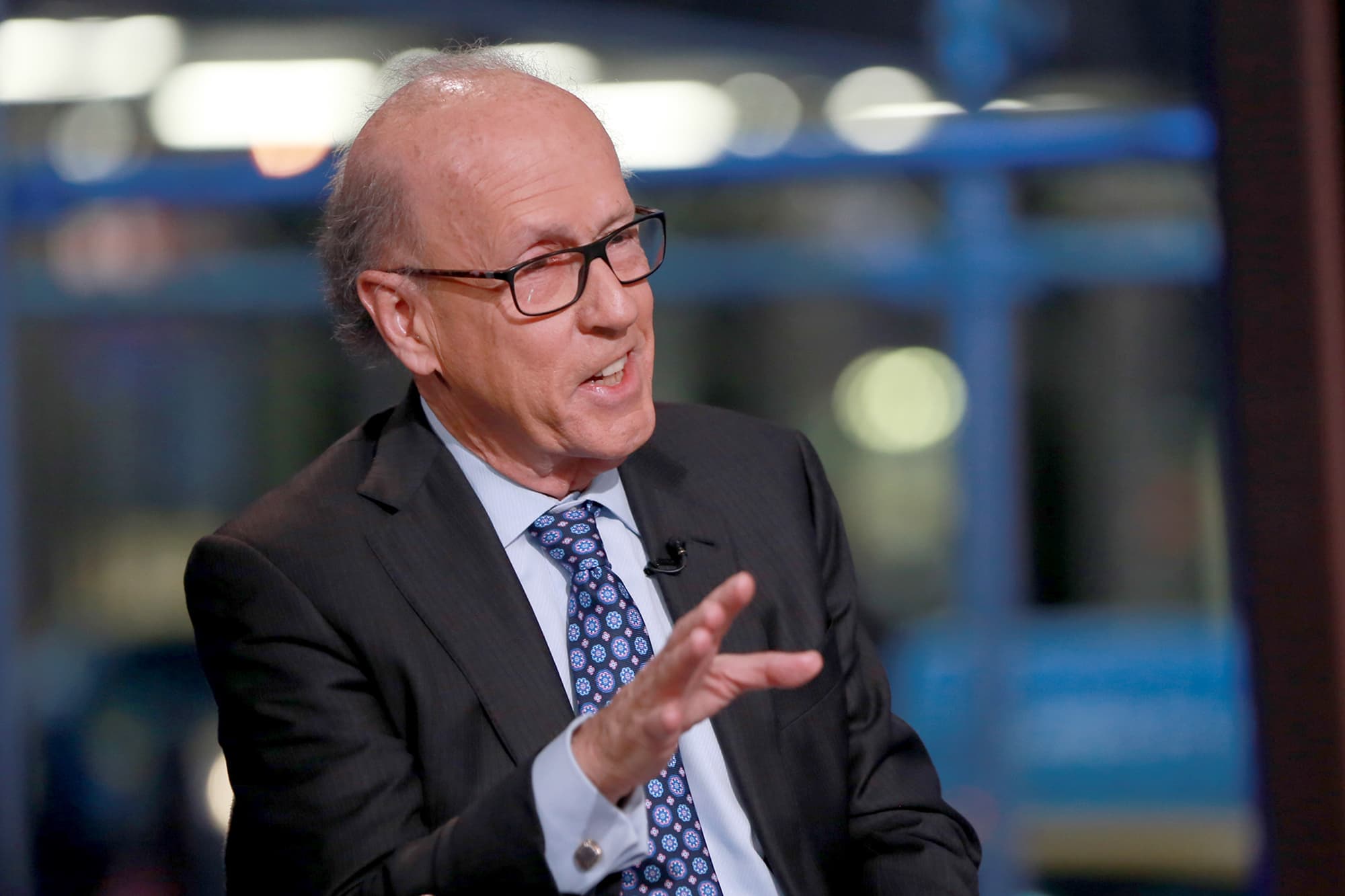One of the world’s leading authorities on Asia is worried Wall Street is miscalculating China’s efforts to reopen its economy.
While it’s going relatively smoothly on the supply side, Yale University senior fellow Stephen Roach warns the demand side is struggling, and that’s a bad sign for the U.S. economy as it begins reopening.
“Chinese consumers remain fearful of going out in public, shopping, going to movies and enjoying activities that put them in close proximity with their neighbors,” the former Morgan Stanley Asia chairman told CNBC’s “Trading Nation” on Wednesday. “Consumer behavior is not all that dissimilar in populations subjected to an unprecedented shock in their health security.”
Roach, who was in China during the deadly 2003 SARS epidemic, warned investors in late January the coronavirus could dramatically disrupt the global economy. Yet, U.S. stocks continued to hit new highs through Feb. 19.
Now, he warns the market has gotten too far ahead of itself again.
“This is not really going to be as easy an economic recovery as an optimistic market wants to presume at this point,” he said.
Since the March 23 low, the Dow and S&P 500 have rallied 30%. On Wednesday, the tech-heavy Nasdaq almost closed in positive territory for the year. It has surged 34% from its 2020 low and is off 10% from its all-time high.
“The market has moved up sharply anticipating probably an imminent cure or a vaccine and drawing a lot of comfort from the Fed that has opened liquidity spigots as never before. And, we’ve had massive fiscal stimulus,” said Roach. “It’s a green light for the markets.”
However, he cautions the ripple effects from the demand collapse are inevitable. According to Roach, it’ll take years for U.S. economic activity to rebound to late 2019’s levels.
One of his biggest worries is the long-term impact on the jobs market.
“We’re going to see a terrible employment report later this week,” he said. “How much of that could come back as these service industries are going to have their footprints reduced?”
Roach is also concerned about long-term debt sparked by the crisis.
“No one worries about them, but interest rates are not going to stay at zero forever, and then we have a real debt problem that will have a grip on our economy in a way that we don’t envision right now,” Roach said.
